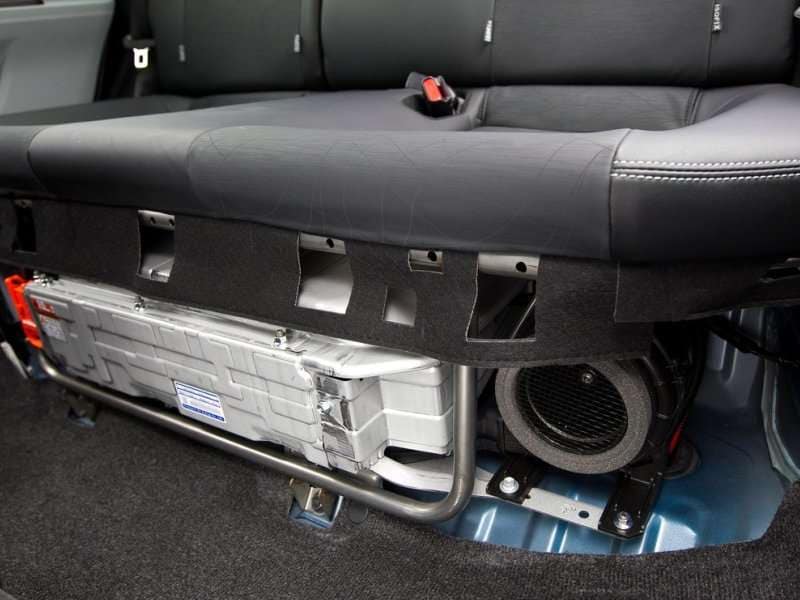Recent Articles
Popular Makes
Body Types
7 Cons Of Hybrid Cars
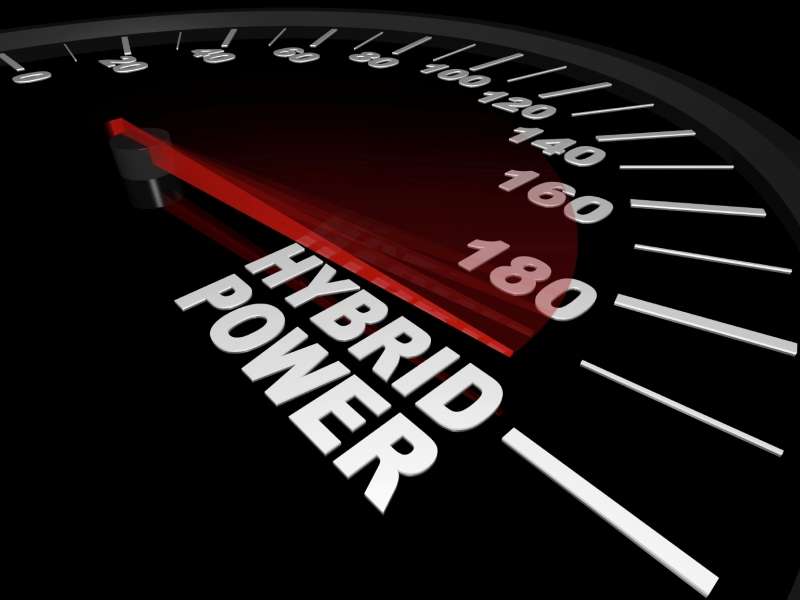
Hybrid cars are a fact of life, with many manufacturers now offering a multitude of battery-assisted models in their lineups. Hybrid car sales, however, have never climbed above the niche level, despite the fact that hybrid technology has become more prevalent and advanced compared to the earlier efforts of the previous decade.
There are a number of reasons why hybrid cars aren't for everyone, restricting their sale to those who have already bought in to a hybrid car's benefits and who accept the compromises inherent in their designs. In fact, it could be argued that hybrid cars, in their current form, represent an imperfect, interim step between internal combustion and a full-electric car future.
Let's take a look at seven cons of hybrid cars that you should be aware of before making a purchasing decision either way.
Cons of Hybrid Cars - 01 - Hybrid Cars Are More Expensive
While less cost-intensive than it once was to produce, the technology behind hybrid cars makes them more expensive than their gas-powered siblings. For example, the 2013 Toyota Camry Hybrid is roughly $4,000 more costly than the entry-level Camry sedan, the Ford Fusion Hybrid checks in at close to $6,000 over the standard Ford Fusion mid-size sedan, and the Chevrolet Malibu Eco is $3,000 more expensive than the base Malibu LS. The argument that over time the improved fuel efficiency of a hybrid car will pay back the difference in purchase prices is a valid one - but for most automobiles it will take close to a decade for that financial equation to balance out.
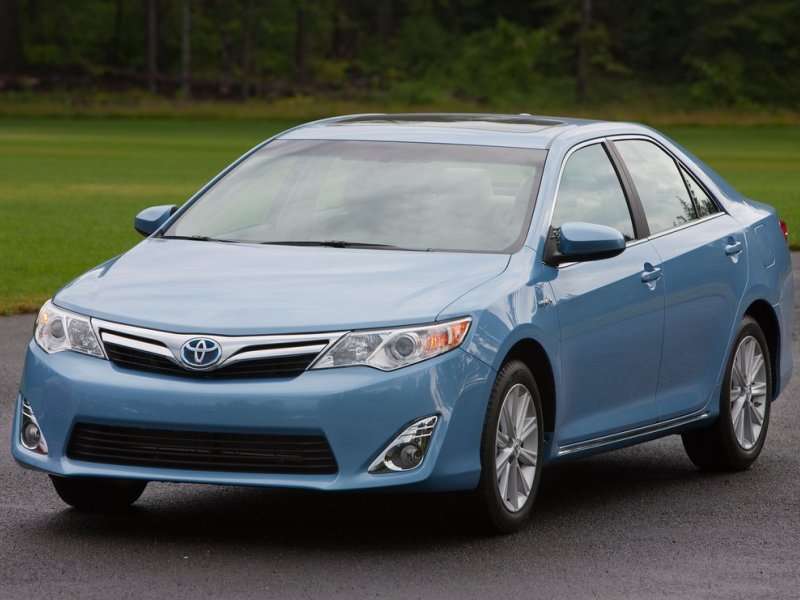
Cons of Hybrid Cars - 02 - Hybrid Cars Offer Poor Cold Weather Performance
Battery systems must operate within specific temperature windows in order to deliver optimum performance, which means that hybrid cars driven in cold weather climates typically don't see the same fuel mileage benefits available in more temperate zones. In the dead of winter, even an advanced car like the 2013 Chevrolet Volt sees its battery-only range severely limited, which means that the gasoline engine shoulders most of the driving chores. Hybrids also require the gas motor to fire to keep heaters going, and the increased electrical load on a car's systems brought on by the use of lights, wipers, seat heaters, and other features further reduces the benefits offered by a hybrid system during the winter months.
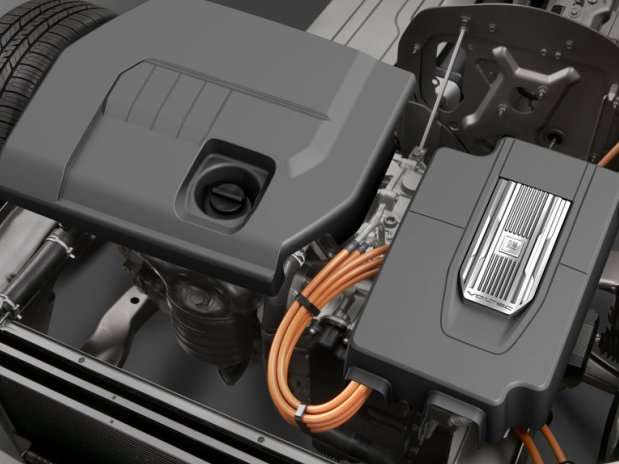
Cons of Hybrid Cars - 03 - Hybrid Cars Are Typically Heavier and Less Nimble
Most hybrid cars go out of their way to introduce a number of other fuel-saving measures so as to maximize their frugality. One of the most popular methods to add a few miles per gallon to a hybrid car such as the 2013 Toyota Prius is to give it low-rolling resistance tires. This type of rubber trades grip for efficiency, which means when it's time to turn a sharp corner - or deal with wet roads - a hybrid car delivers less inspiring handling than a standard model outfitted with more traditional tires. The reluctance of most hybrid automobiles to change direction in a spirited manner is further compounded by the extra weight introduced by its hybrid system and battery pack, which can add hundreds of pounds to the vehicle's bottom line.
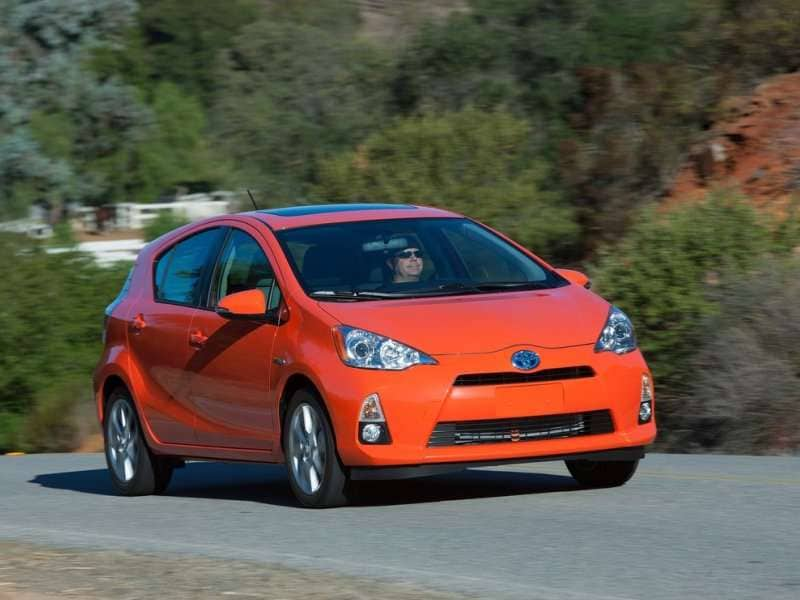
Cons of Hybrid Cars - 04 - Hybrid Cars Do Not Offer As Much Power
There are certainly some automakers - such as BMW and Lexus - that have embraced the idea that a hybrid car can be tuned more for performance than for fuel economy. This philosophy is exemplified by vehicles like the 2013 BMW ActiveHybrid 3 and the Lexus LS 600h that offer more total horsepower than their gas-only siblings. These exceptions are pricey and rare, however, with most hybrid cars trading in oomph for miles per gallon. It would be a stretch to call any modern hybrid car 'underpowered' - after all, the 2013 Ford Fusion Hybrid drives very nicely - but there is no question that the majority of these automobiles aren't built for speed, towing, or hauling a heavy load. For some buyers, that's a deal-breaker.
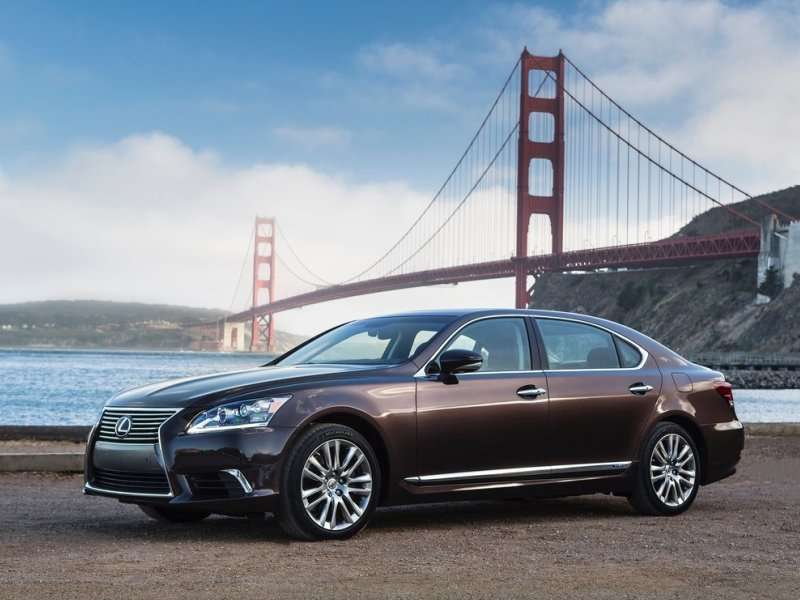
Cons of Hybrid Cars - 05 - Hybrid Cars Provide A Less-Smooth Driving Experience
In order for a hybrid car to offer the ultimate in fuel economy it must constantly activate and deactivate its electric motor. In some cases, the electric motor works alongside the gas engine (such as in the 2013 Buick Regal with eAssist), and in others the internal combustion component is cut out of the picture completely. Either way, not all manufacturers have managed to find a way to make this transition smooth enough to be imperceptible, which robs some comfort from the driving experience.
Compounding the occasional rough behavior of hybrid cars are regenerative braking systems, which are designed to re-capture the kinetic energy available when stopping an automobile. These brake designs are often much more sensitive than their standard counterparts, and there is a definite learning curve with certain hybrid models before it's possible to bring the vehicle to a stop without any lurching.
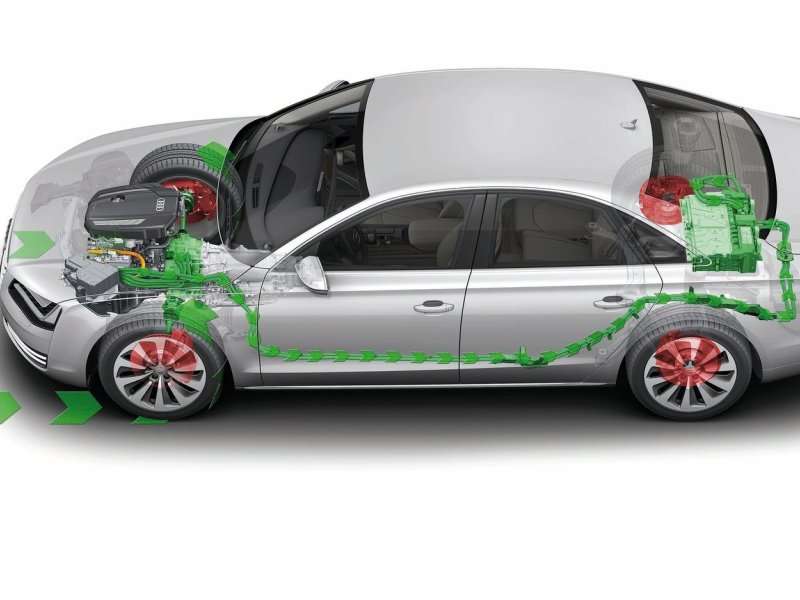
Cons of Hybrid Cars - 06 - Hybrid Cars Reward City Over Highway Fuel Mileage
There are certain rules of physics that even hybrid cars can't overcome, and one of those is that accelerating and maintaining a high rate of speed in something as heavy as a modern automobile requires a certain amount of battery-sapping energy. Hybrid engines provide good, but not great highway mileage, being matched in some cases by their direct-injection gasoline or turbodiesel competition. Around town, a hybrid car can shut down its internal combustion motor on a regular basis - think every stop light - as well as accelerate lightly or creep forward on battery alone. On the highway, these opportunities don't exist, and pushing much past the speed limit quickly results in diminishing fuel mileage returns in a hybrid car.
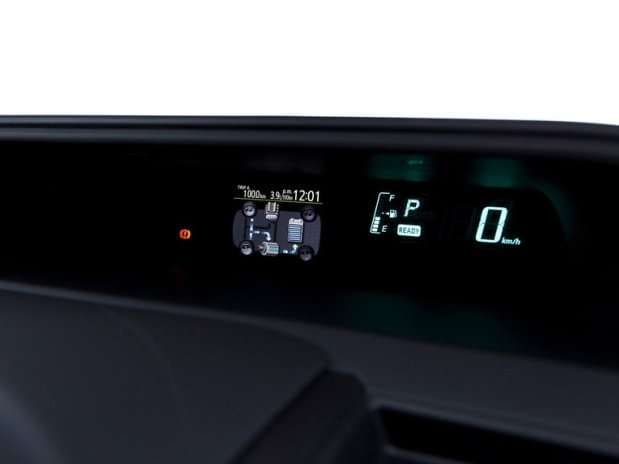
Cons of Hybrid Cars - 07 - Hybrid Cars Feature Less Trunk Space
They have to put the battery somewhere, and since it's a good idea to keep such a heavy component as low to the ground as possible the trunk floor often gets tapped as the battery storage area. Unsurprisingly, this can eat into the cargo space of a hybrid car, typically taking at least five cubic feet out of the equation although that figure can double to 10 cubic feet for certain vehicles. It's not just sedans that feel the pinch, forcing the delete of a folding rear seat that can be so useful when hauling over-sized items: SUVs and crossovers making use of hybrid technology often come with taller load floors that are more awkward to load. Forget about a spare tire, too - you're getting a can of Fix-A-Flat because the battery is cribbing your under-trunk space.
